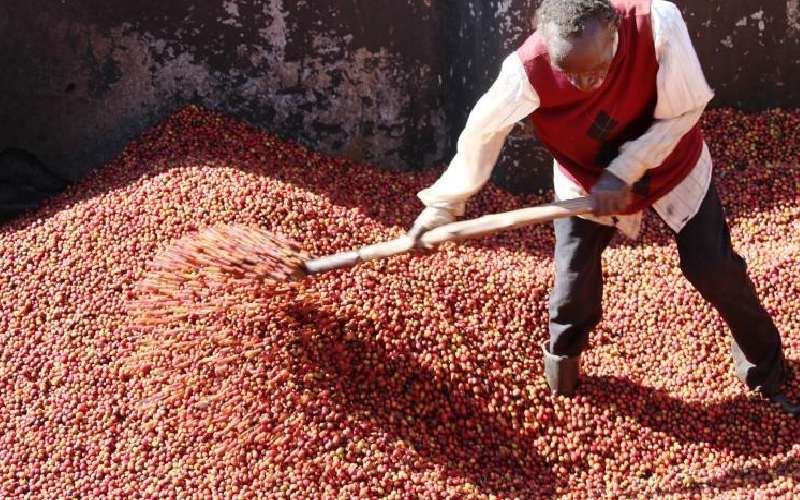×
The Standard e-Paper
Fearless, Trusted News

Bill caps how much millers can charge farmers for milling their coffee. [File, Standard]
The Agriculture ministry has made new proposals aimed at reviving the coffee sector and restore it to its former status as a key foreign exchange earner.